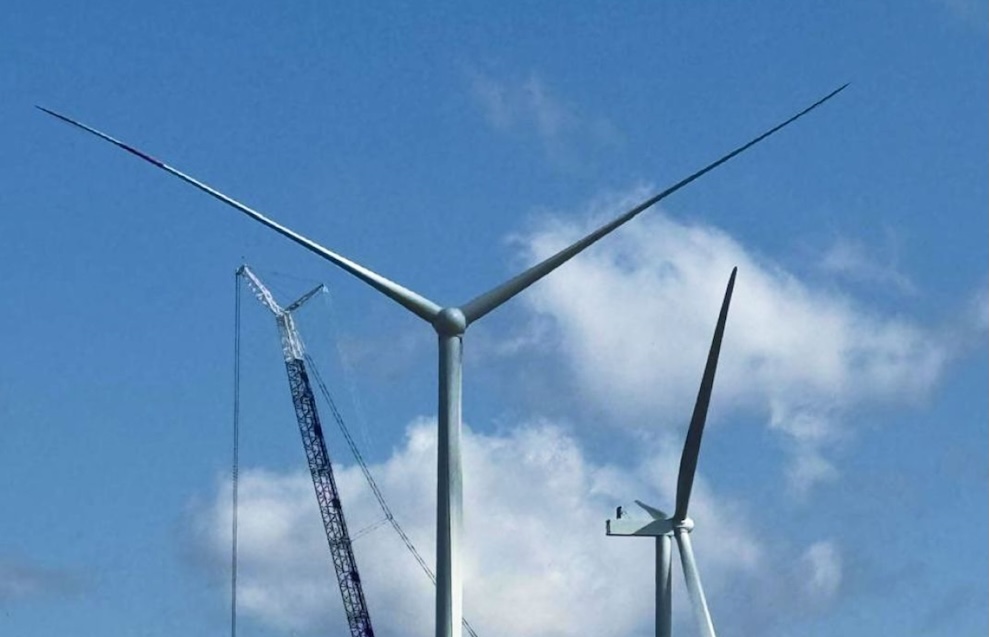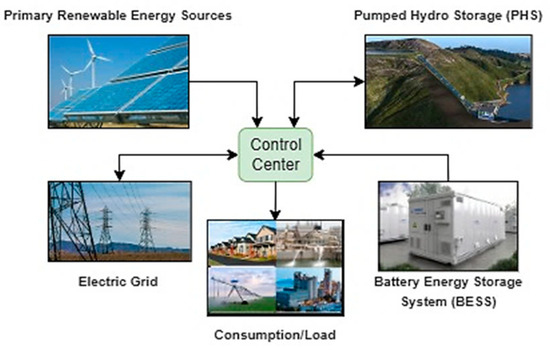Equinor ASA, a Norwegian state-owned energy company, is making significant strides with its $9 billion Raia natural gas development project offshore Brazil, which is expected to start production in 2028.
This initiative is crucial in the context of Brazil’s energy landscape, as it aims to enhance the country’s energy independence and stimulate economic growth.
By tapping into the pre-salt reserves in the Campos Basin, the Raia project is set to play a vital role in addressing Brazil’s increasing demand for natural gas.
Brazil currently faces several energy supply challenges, primarily due to its dependence on imported energy sources and fluctuations in global energy markets.
As a result, the country is seeking to bolster its domestic gas supply to stabilize prices for both industrial and residential consumers.
The Raia project is expected to contribute significantly to this goal, providing approximately 15% of Brazil’s gas demand when operational.
This increase in domestic supply could help alleviate some of the pressures on energy prices that have been affecting consumers across the nation.
The Raia project is not just about meeting energy needs; it also has substantial implications for job creation and economic development.
It is estimated that the project will generate up to 50,000 direct and indirect jobs throughout its lifetime.
This influx of employment opportunities will have a positive impact on local communities and economies, providing much-needed support in regions that may be economically vulnerable.
Additionally, the investment in infrastructure and local services associated with the project will foster long-term benefits for regional development.
Technological innovation is at the heart of the Raia project, which will utilize advanced technologies such as a floating production storage and offloading (FPSO) vessel designed for carbon efficiency.
This emphasis on sustainability aligns with global goals for reducing environmental impact in energy production.
HAVE YOU READ?















